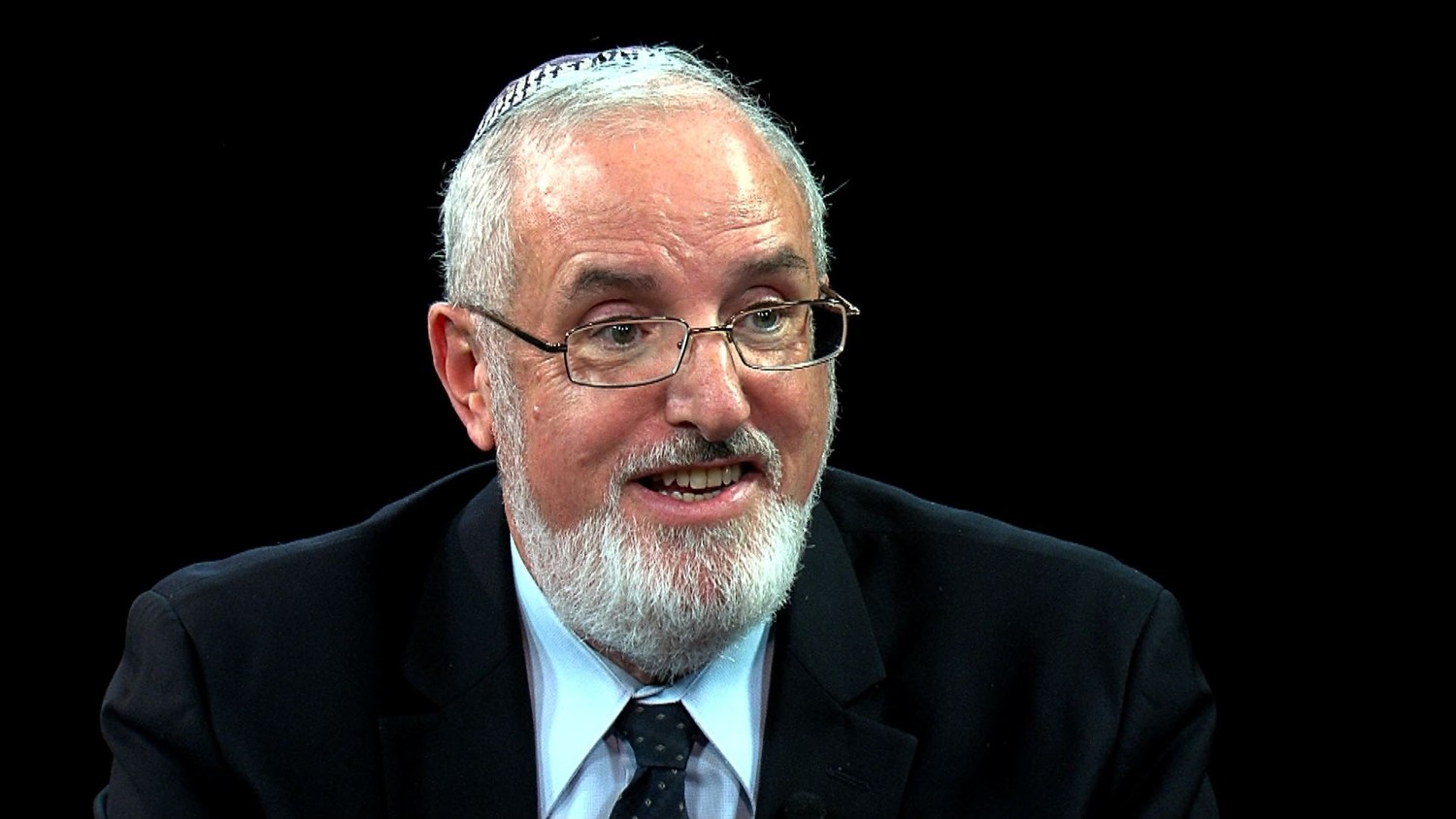Nachamu, Nachamu: Thoughts on consolation
Someone has suffered the loss of a loved one. We visit the mourner’s home during shiva to offer words of consolation. Upon leaving, a Sephardic custom is to say “Min hashamayim tenuchamu,” may you be consoled from Heaven. The general Ashkenazic custom is to say a passage that begins with the words “Hamakom yenachem etchem,” may the “Place” console you.
The Sephardic reference to Heaven is self-explanatory. But what does “HaMakom” mean? Bereishit Rabbah (68:9) indicates that HaMakom is a name of G-d — “He is the place of the world, and His world is not His place.” This phrase seems to mean that G-d encompasses the entire universe, but is not limited to it. In Yechezkel’s vision, the angels bless G-d’s glory mimekomo, from His place (in Heaven).
Doesn’t it seem strange that we offer consolation by referring to a very distant, transcendent G-d? Why don’t we invoke a more “personal” name?
Our practices reflect a deep sensitivity to the reality of mourning. During the shiva, mourners are fresh in their grief. They often feel alienated from G-d: why has He taken the life of my loved one? Halacha recognizes this alienation by exempting mourners from prayers and blessings during the period before burial. Even during the shiva period, a sense of alienation from G-d lingers.
We offer words of consolation in which we refer to G-d as being distant, out of reach. G-d in Heaven will console you, G-d “in His place” will soothe your grief. We know that right now G-d seems remote from you. We refer to G-d in the way that mourners are now experiencing G-d.
But if G-d is so far away, how will He be a source of consolation?
The answer is: mourning is experienced in stages. During the first stages, G-d indeed is experienced as being in Heaven. But as time passes, the G-d in Heaven will once again come close to you, will bind your wounds. This consolation is experienced incrementally, not all at once. We are reminding the mourners: right now, G-d is in Heaven, in his “Place,” but He is ready to come close, to bring you consolation. As you go through the mourning process, you will again feel G-d’s immediate presence in your lives.
In his classic book, “I and Thou,” Martin Buber writes of how “primitive” people use language that reflects human relationships. Where we tend to speak in abstractions, the “simpler” humans speak in relational terms. For example, we say “far away.” The Zulus express the same idea with the phrase, “when one cries ‘mother, I am lost.’”
The Jewish tradition speaks on both of these levels. In offering consolation during shiva, we refer to G-d in abstract terms that describe Him as far away. But we close the shiva by quoting the prophet Isaiah (66:13): “As one who is comforted by his mother, so [G-d] will comfort you, and through Jerusalem you will be comforted.” The G-d of the Heavens is now like a loving mother consoling her crying children.
This coming Shabbat is known as Shabbat Nachamu, the Shabbat of consolation. The haftarah opens with Isaiah’s words: “Be comforted, be comforted, My people, says your G-d.” This haftarah begins a seven-week period of consolation following three weeks of national mourning between the fast of 17 Tammuz and the fast of 9 Av.
Over the period of national mourning, we remember the catastrophes that befell our people during the destructions of the First and Second Temples. How many thousands of our people were murdered or sold into slavery! How bitter have been the exiles and wanderings over the centuries! When we face tragedy head-on, we feel that G-d is in Heaven, in His “place” … but not here. He is far away.
As we experience the weeks of consolation, we are reminded that mourning is a process. It begins with G-d being in Heaven, but goes on to enable us to restore our relationship with G-d as being close to us. Isaiah announces to us G-d’s own promise: be comforted, My people. I am here with you. Redemption will come.

 48.0°,
Light Rain Fog/Mist
48.0°,
Light Rain Fog/Mist 




